
10 minute read
Special Feature – Growing quality partnerships
Growing quality partnerships
Maximising opportunities and growing relationships have seen a high-country farming couple develop a business in the foothills of the Rakaia Gorge in Canterbury.
Dave and Millie Harper founded Braided Waters Farming on partnerships.
The business owns around 100ha but farms just over 600ha, producing premium stock for top end processing. The Harpers have created a diverse but complementary business which sees them finishing lambs, cattle and deer and growing 80ha of winter feed.
Goodwill and good people
Originally Dave and Millie wanted to buy a high-country property and farm for themselves. The dog work, stock and hills had hooked Dave as a young shepherd, and he spent more than 20 years managing high country stations. However, finding the right property at the right price proved difficult with the couple moving to the north bank of the Rakaia Gorge around 20 years ago. Dave and Millie gave up fulltime managing and took a part-time manager role on the small block they were living on while doing a bit of work at the neighbouring golf course on the side, including diving for golf balls, driving diggers and dozers and establishing a security business. They began leasing the block they were living on and as other nearby properties became available, they added them to their growing business. Around 8 years ago Dave and Millie began doing some project management work for Marko and Jennifer Bogoievski, who had just moved next door. Opportunity came knocking in 2017 when a neighbouring property came on the market. A partnership was formed between the Harpers and the Bogoievskis and Braided Waters Farming Ltd was created. “At the start we owned no land and no stock yet through relationships and partnerships were able to grow our business. What each couple has brought to the table is complementary.” Braided Waters comprises of river flats and terraces with about 90 percent able to be cropped. Dave says the lease

blocks offer more scope. Leasing is a good option if you can get in at the right rate and secure the necessary term. “It is about relationships and goodwill. We treat all the land as if it was all our own and we recognise it is important the partnership works for the landowner as well,” Dave says. “We try to take a very thoughtful approach and wanted to farm to produce quality value-add stock rather than farming for bulk. “We wanted to move away from commodity-based income streams and into supplying markets that are focusing on supplying a quality product. “We had been looking to do more finishing of stock and had grown chicory in the past and could see it having quite an impact on the rest of the business.”
Quality over bulk
This change in thinking marked the beginning of Braided Waters' involvement with the Omega Lamb Project, a programme focused on finishing lambs on chicory to provide higher levels of healthy Omega-3 and polyunsaturated fats. The Project, funded through the Government’s Primary Growth Partnership Fund, leverages 10-years of intensive genetic breeding and research into how to produce the world’s healthiest and tastiest lamb. It involves a collaboration of farmers, animal geneticists, agronomists, New Zealand’s food company Alliance Group, Ministry for Primary Industries and the farmer owned Headwaters breeding programme that has developed a top performing ewe with high fertility and resilience that produces lambs with good growth rates and unique fat constitution. Dave says the Headwaters composite ewes are resilient enough to handle the tough high country while still being profitable and fertile. “Previously the fat content was being taken away from sheep and that was affecting survivability.”
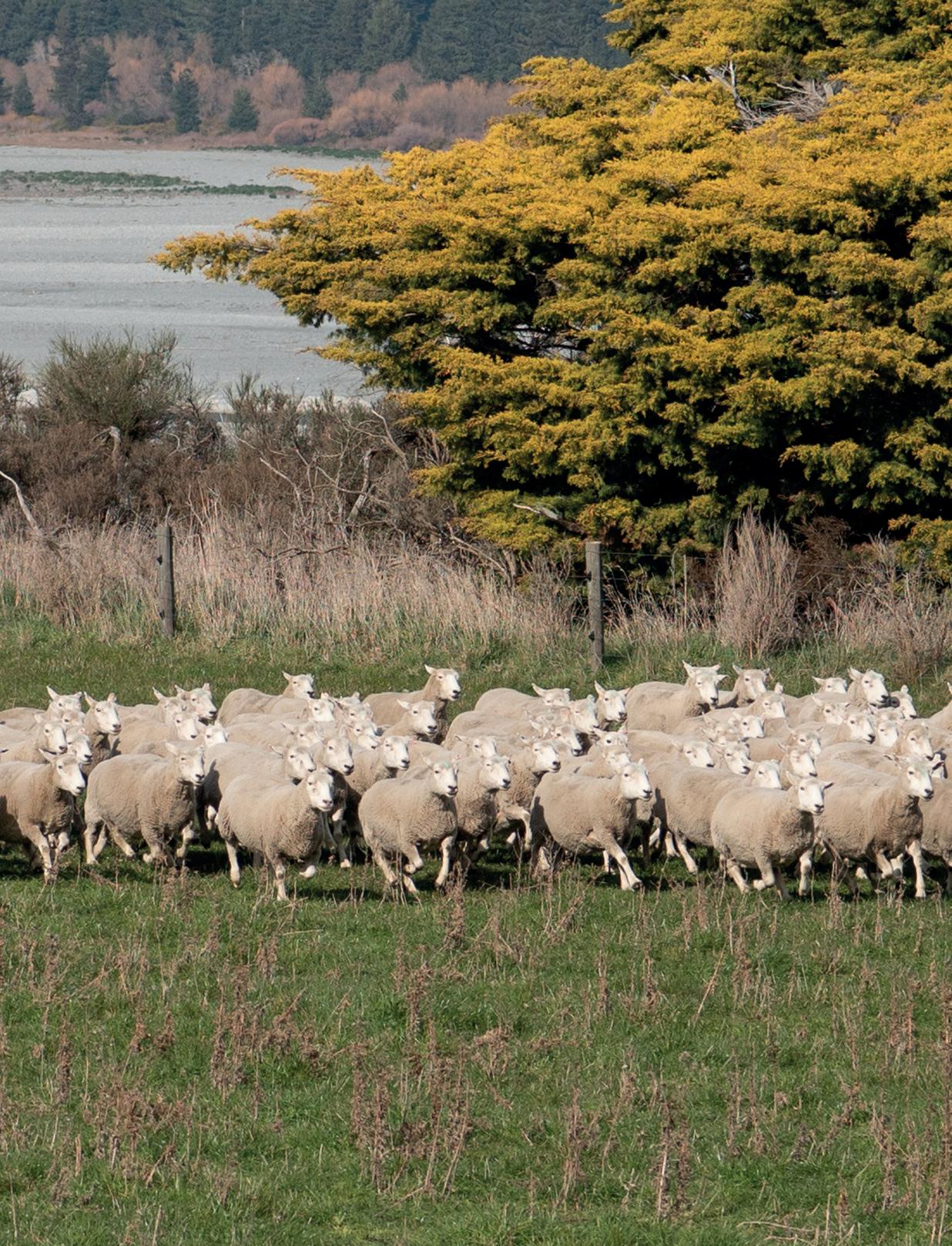
| The Headwaters composite ewes are resilient enough to handle the tough high country while still being profitable and fertile.

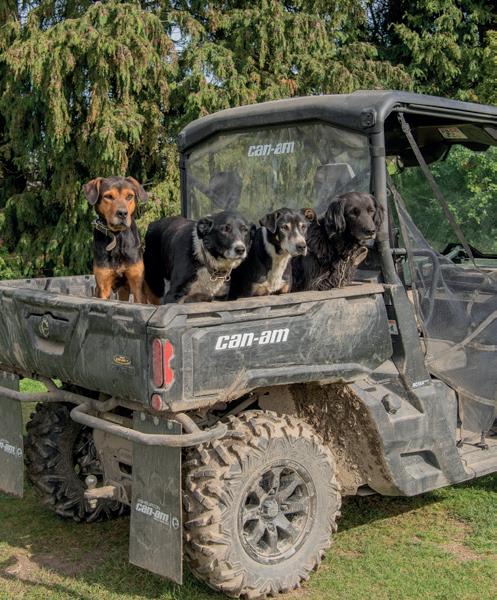
| Dogs are a handy ally as Braided Waters Farming expands. The combination of a new breed, farming practices and finishing grazing on chicory herb pastures for 35-days has led to naturally high levels of Omega-3 and polyunsaturated fats which have significant health benefits. Braided Waters farm 1,500 Headwaters ewes with lambing starting in the first week of September. They are also contracted to finish lambs and supply a total of 3,000 quality lambs per season. Last year the Braided Waters team also fattened lambs from up to seven different supplier farms. “What sets the Omega lamb apart is the stringent quality, consistency and focus. “The lambs are all the same genetics, the same size, there are no ram lambs or cryptorchids, and they are all EID tagged,” Dave says.
Growing industry value
Supplier lambs start arriving in November with a 30-33kg weight range. They are sent for processing around Christmas time with the liveweight between 39.5kg and 42.5kg. “We have been focusing on getting more early lambs into the system to make the most of the chicory when it is at its most productive and for our bred lambs we try and have them onto chicory before they are weaned, so they can easily adjust.” Dave says their aim is to do around 100 lambs per hectare on the chicory and they are currently sitting at close to the 80 mark. “The lambs are bred and managed to achieve a more consistent taste, tenderness, succulence and colour and is marketed in top-end fine dining restaurants around the world. “We love good, naturally produced food and being able to taste test our product is important. “As part of the programme we’ve met top chefs so we can understand what a good quality product means to them and what the chef is looking for in the lamb product. “This is not just a commodity product. We take care with it and have added value to be better at what we are doing and by telling a good story.” He says the work of the Omega Lamb Project is contributing to the growth of the New Zealand Lamb market. “New Zealand can’t remain in the commodity space. This is about value-add and focusing on a top product. We are not quite there yet, but we are going to be and it is where New Zealand’s lamb export needs to be positioned for the future.

| Dave Harper is always focused on the quality of his stock.
Total farm influence
The Omega Lamb Project influence has changed the way Braided Waters operates. “We have rolled the data collection into our cattle and deer and now monitor growth rates with an emphasis on quality and a product that meets the needs of the end user. “Our farming motto is we don’t accept average and we apply that across the business and focus on quality across all aspects.” Braided Waters has joined First Light Wagyu and this winter has a contract to take 70 Wagyu heifers through with plans to finish 120 next year. “The contract gives us certainty on our margins and allows us to commit to take the cattle through for a second winter. “Knowing the returns means we are mitigating risk and again focusing on quality by aligning ourselves with a top grass-fed brand.” Braided Waters has dairy grazers to help with cash flow and also grow weaner calves. “Last year we bought in 390 100kg Fresian/Hereford cross calves and are fattening them through the Silver Fern Farms EQ (Eating Quality) system which carries a premium if the criteria is met. “We expect to hold these cattle for around 18 months and kill at a 550kg liveweight. “Again, it’s a work in progress, it’s not easy. It’s like the Omega Project, it is hard—if the criteria was easy people would have been doing it years ago.” Deer finishing has also added a layer of flexibility and could provide the answer to utilising chicory outside the summer finishing window. Last year Braided Waters finished 640 red deer but have dropped that back to 300 this year due to market risk created by COVID-19 and its impact on the restaurant trade. The deer complement the lambs with the deer eating grass when the lambs aren’t there and then when the lambs need the grass the deer are being processed. Velveting starts in mid-September with the deer sent for processing from October. Dave says the deer on chicory is a work in progress. “We have tried the deer on chicory but because it’s a soft plant the deer can thrash a paddock at times we want to be preserving it. “We are looking at different mixes but cannot compromise the chicory properties as the quality of the lambs is the driver.”


| On-farm decisions are made based on mitigating risk and adding value. | The wintering programme is reliant on managing mob sizes to maintain quality and maximise pasture growth.
Embracing growth
The Harpers admit that their operation is a complex one and a focus has been on finding a way to generate a steady income stream without the reliance on a large livestock wintering system. “We have a big wintering programme but it is demanding on the environment and people. Winters can be brutal. We have good reliable rainfall and grow good feed but it adds to the stress.” Dave says. A specialist feed programme is key with mobs of cattle and lambs on 2-day shifts with the use of portable troughs. This enables the break to fit the mob size so they can make sure it is as easy as possible to maintain quality and maximise pasture growth. The 80ha of winter feed includes 20ha of swedes, 31ha of kale, 18ha fodder beet, 10ha rape, 35ha chicory and 20ha red clover. “Farming has changed a lot. We’ve been in the industry for many years and you have to be open to new ideas — you have to do something different because doing the same thing clearly isn’t working as well as it should. “It is important to move with the times and be prepared to look at your challenges and procedures through fresh eyes. “It’s about complementing not competing. Our decisions are made to mitigate risk and are based around controlled and consistent supply with our partners. “We want to build an intergenerational robust farming business with multiple income streams that focusses on adding value that exceeds best practice environmental and faming standards.” Dave says. Dave and Millie’s daughter Rosa and her husband Michael Dekker are heavily involved in the farming operation and for the last 3 years have raised over 200 of the 390 weaner calves as part of Braided Waters' Silver Fern Farms contract, along with employee Brooke Dickey. “Millie and I are trying to step back from the day to day running and instead look at other opportunities to grow the business and diversify. That might not necessarily be buying land, it might mean looking at more equity partners. “There has been a lot of learning to get to this stage and our partnership involves a lot of good faith from both parties and the landowners. “At the end of the day we are happy doing what we are doing. I think you are better to own 50 percent of something that is going well than 100 percent and struggling.” Dave emphasises.
To learn more about the Omega Lamb Project, visit www.omegalamb.co.nz
GET READY FOR SUMMER WITH CHOICES REWARDS

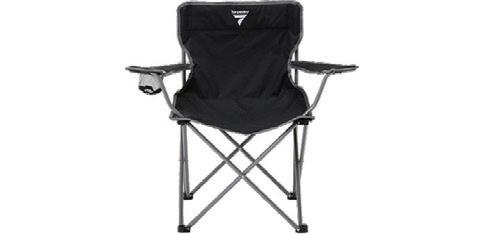
Torpedo7 HD Compact Chair
11,500 Points

Torpedo7 Glide 42” Bodyboard
17,500 Points
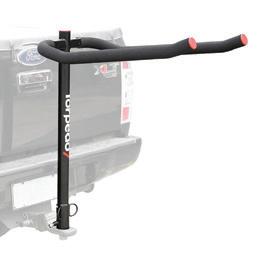
Torpedo7 Bike Rack 35,500 Points

Nikon Sportstar EX 10x25 DCF Binoculars
41,410 Points
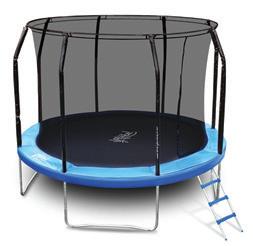
Big Bounce Trampoline with Safety Net
FROM 84,000 Points

Masport Maestro BBQs 176,700 Points
Gift Cards and e-Vouchers
FROM 12,500 Points
Keep an eye out for our Choices Rewards Specials – sizzling hot offers on rewards, available for a limited time.
Choices Rewards are exclusive to Farmlands shareholders only. Terms and Conditions apply. All Rewards are subject to availability. Required points values are subject to change. Visit www.farmlands.co.nz to learn more.










